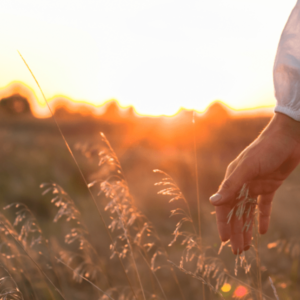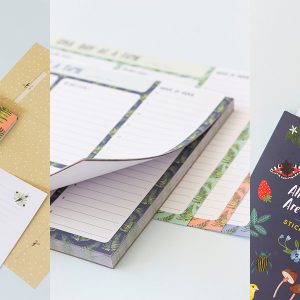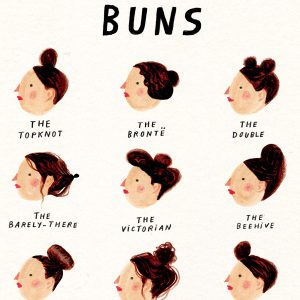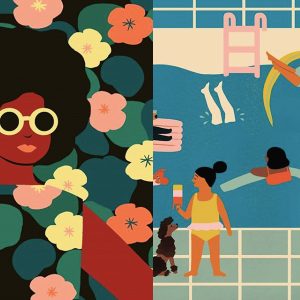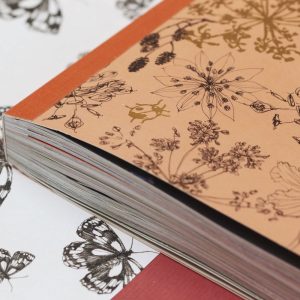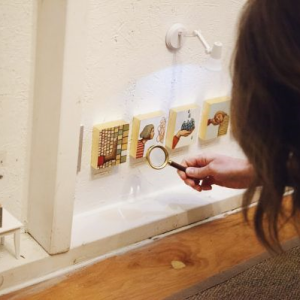In our Mindfulness Workbook, three experts say it’s impossible to always be happy, because setbacks and bad things are natural parts of life. Once you can accept that, you’ll be more capable of seeing the good things that are right there in front of you.
Susan Bögels is a professor in developmental psychopathology at the University of Amsterdam, the Netherlands, and specializes in mindfulness. Being attentive is what makes people happiest. I’m talking about flow: being so focused on something that it draws you in completely. Everything you do with great attention can create flow. But the society we live in today doesn’t encourage being attentive, and that’s why we end up seeking out very intense experiences. While feeling good can just as easily be found in the small things: a nice cup of coffee, a walk in the woods, a good conversation. It is a very special skill humans have that they can focus on things with great intensity and for a long time. We should appreciate this far more.
Paul van Tongeren is a professor of philosophical ethics at Radboud University in Nijmegen, the Netherlands, and is the author of the book ‘Life is an art’. What’s more, when we talk about happiness, many people initially think of enjoyment. But Aristotle placed enjoyment last on the list. He wrote: “If you realize your potential to its maximum, enjoyment will follow.” Enjoyment rides on the back of action. Because when you act in the best possible way and do things well, you will receive recognition naturally. If you develop your senses in an optimal way you will naturally start to enjoy beautiful things.
Eveline Brandt is a journalist and mindfulness trainer in the Dutch city of Leiden. People usually come to my training sessions because they are unhappy about something. I then have to point out to them that mindfulness training is not going to make them happier. In the long term, mindfulness may make you experience more happiness, as you learn to accept the bad things that are, after all, also part of life. The basic premise is that there is always some form of suffering in our life. Whether it’s a colleague you don’t get along with, the daily commute or a more serious problem such as chronic pain, or the loss of a loved one. This suffering is a given of life, but we humans tend to sometimes add a second layer to it, by resisting it. And that just makes it worse. We can do something about the second layer, while the first layer will always continue to cross our path.
- The article ‘Talking of happiness’ and more about this subject can be found in the Flow Mindfulness Workbook.
Interviews Renate van der Zee




